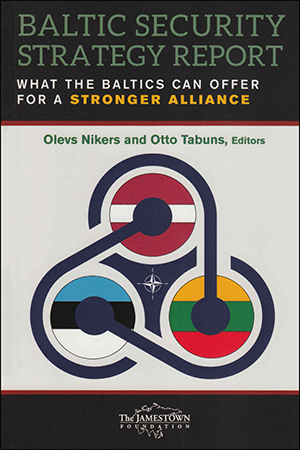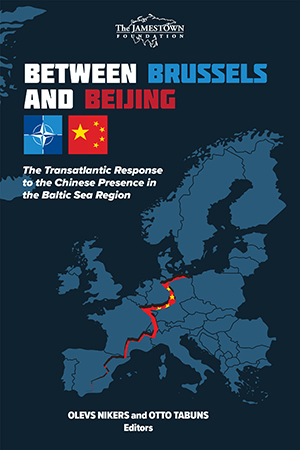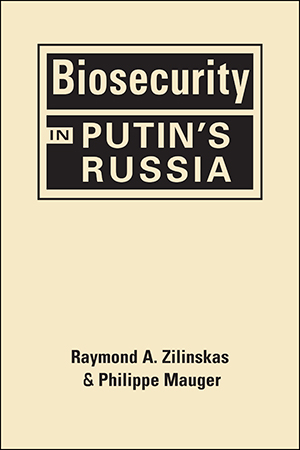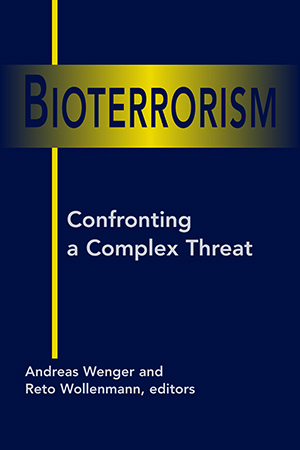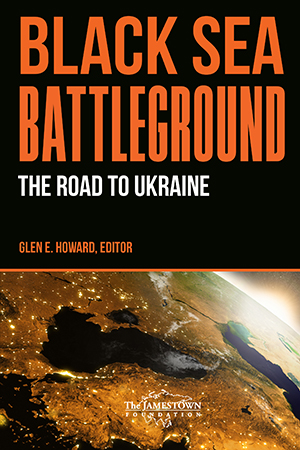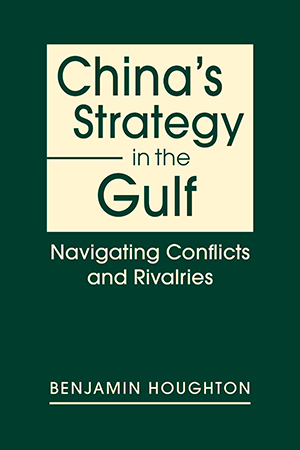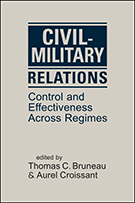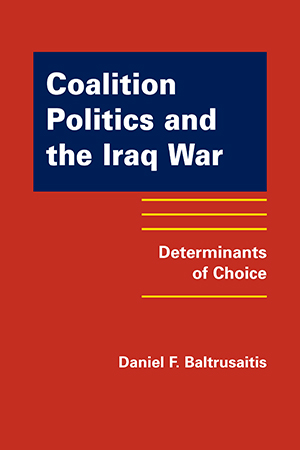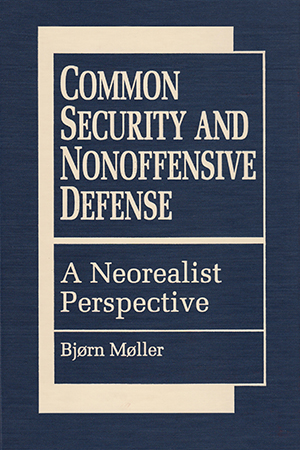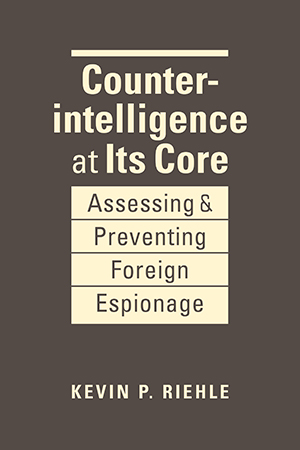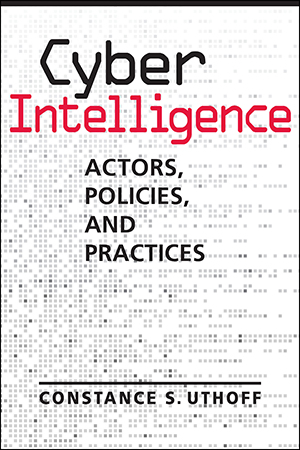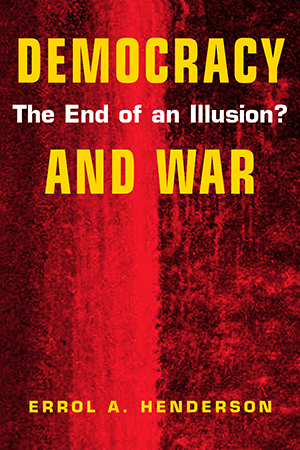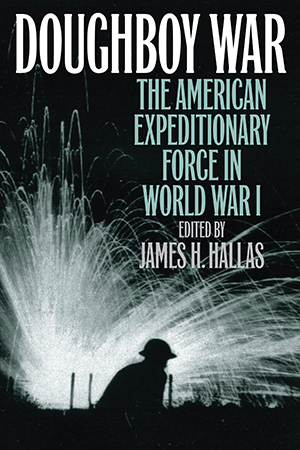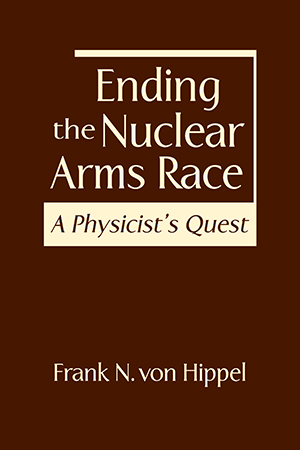Security & Intelligence Studies
This in-depth security review of Estonia, Latvia, and Lithuania assesses current challenges pertaining to defense and deterrence, societal security and resilience, economic security, and More >
China's growing presence in the strategically important Nordic-Baltic region has implications not only for the region itself, but also for general transatlantic relations. Within that More >
Recent revelations about Iraqi and Soviet/Russian biological weapons programs and highly publicized events such as the deployment of anthrax and botulinum by the Aum Shinrikyo sect in Japan More >
In March 2012, at a meeting convened by the recently reelected Russian president Vladimir Putin, Minister of Defense Serdyukov informed Mr. Putin that a plan was being prepared for "the More >
Especially since the anthrax attacks of 2001, the issue of bioterrorism has been controversial: Are governments underestimating the potential hazard of biological toxins, as some claim, or More >
Black Sea Battleground identifies and analyzes the key elements of a comprehensive US strategy for dealing with the cauldron of geopolitical and military competition in the Black Sea region. More >
China's foreign and security policy in the Gulf region has been characterized by the cultivation of strong positive relationships with all of the Gulf states, irrespective of their More >
How does civilian control affect military effectiveness? Can a balance be achieved between the two? In-country experts address these questions through a set of rich comparative case studies. More >
Why do states join ad hoc military coalitions? What motivated South Korea to contribute significantly to the Iraq War "coalition of the willing," while such steadfast allies as More >
Bjorn Møller explores the implications of switching to a new type of defense structure, nonoffensive defense (NOD), that would maintain an undiminished—or even More >
What is the core purpose of counterintelligence? What does it involve? To answer these questions, Kevin Riehle explains in detail how counterintelligence analysis supports the mission of More >
US national security compromised by Wikileaks. Towns held hostage by ransomware. Corporate websites hacked. Cyber espionage and cybercrimes are increasing in both frequency and More >
Errol Henderson critically examines what has been called the closest thing to an empirical law in world politics, the concept of the democratic peace. Henderson tests two versions More >
This multi-layered history of World War I’s doughboys recapitulates the enthusiasm of scores of soldiers as they trained for war, voyaged to France, and finally, faced the harsh More >
Frank N. von Hippel shares his remarkable journey as a key figure in the history of nuclear weapons and nuclear energy, illuminating the far-reaching consequences of nuclear accidents and More >


